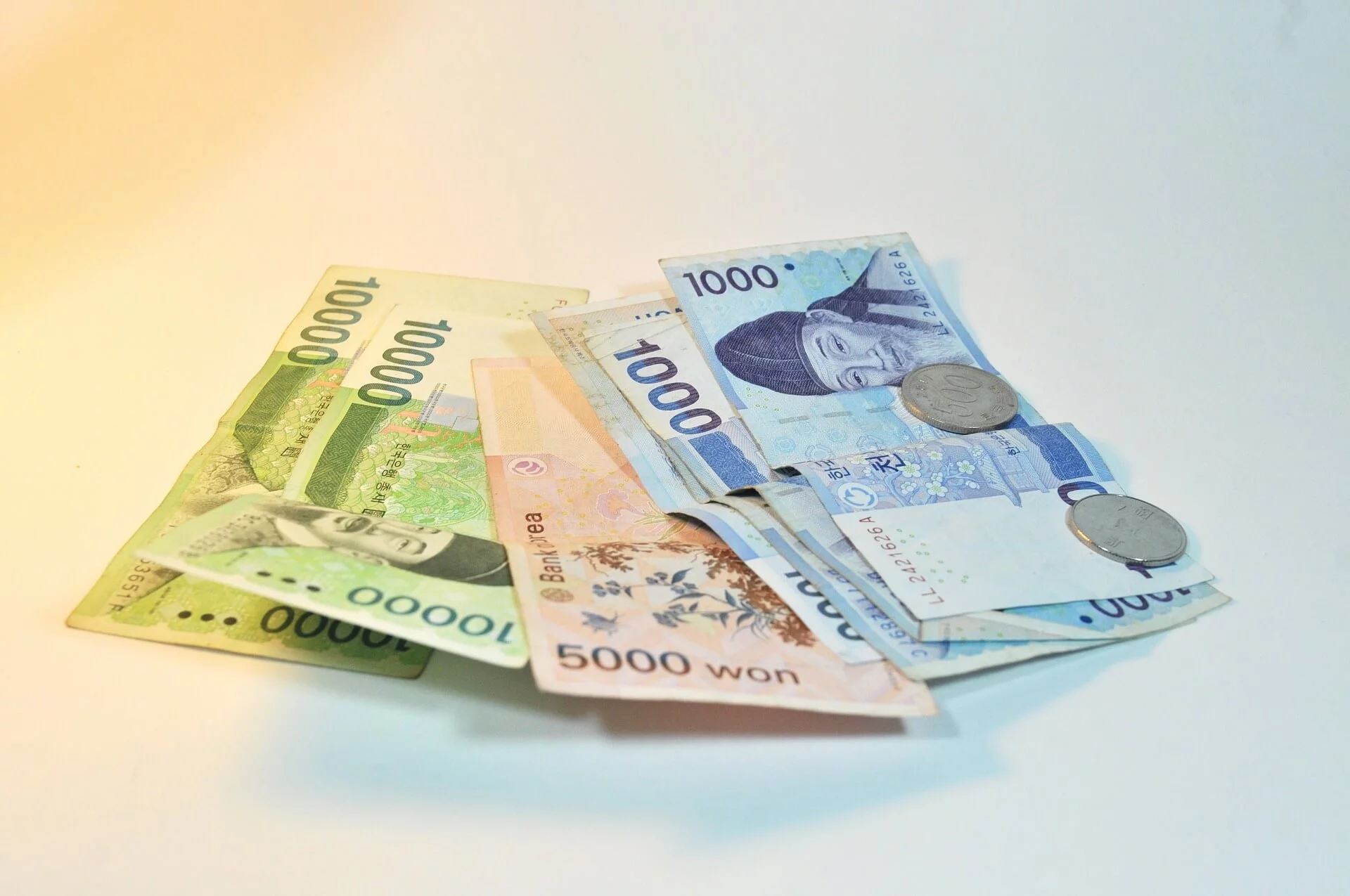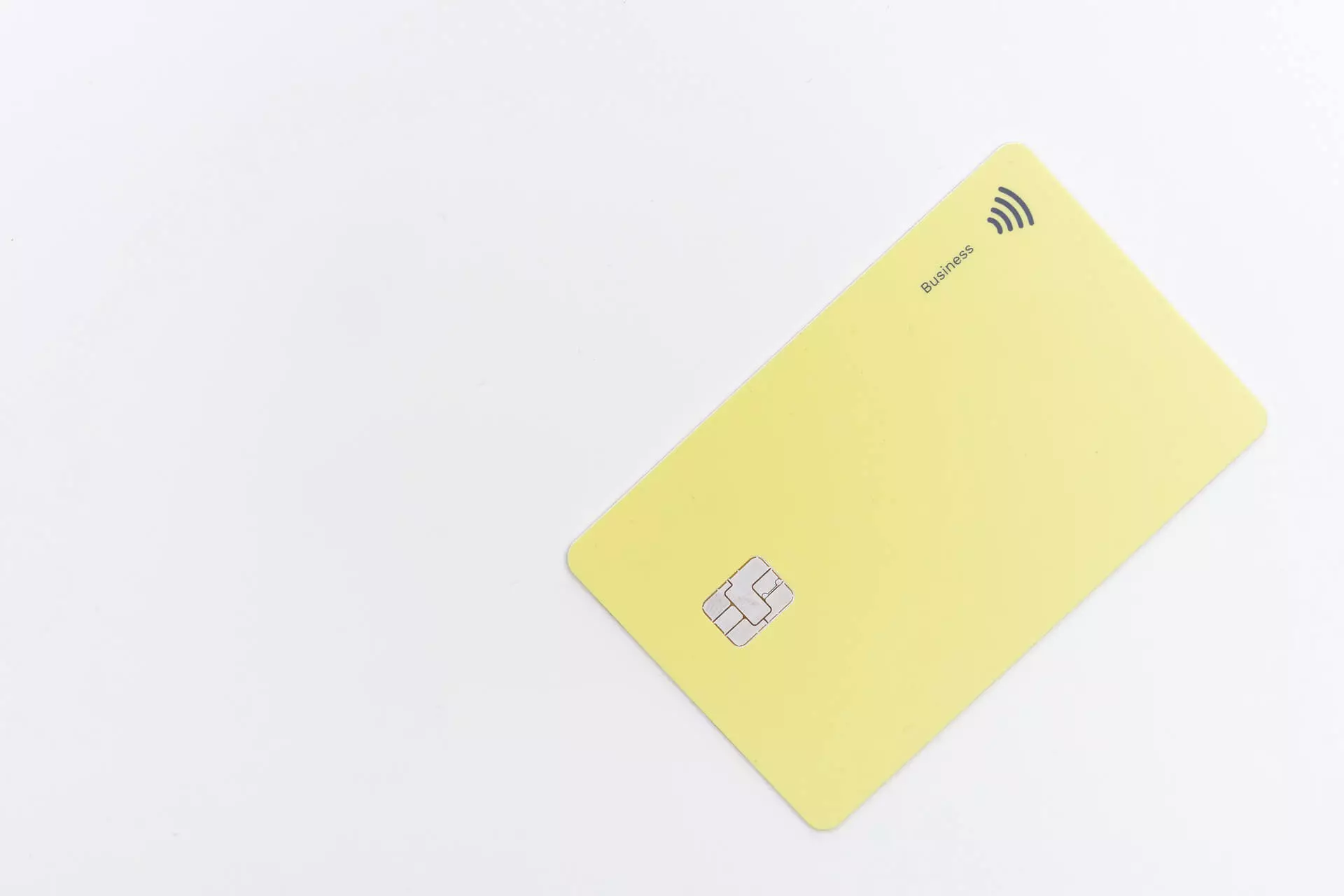When moving to South Korea, you’ll have to be buying things for your apartment (such as furniture, food, appliances, etc.), while some online payments are not available to use in Korea, we have bank cards that you can use for purchasing items you need. We’ll be discussing the process on how to apply for a bank card in South Korea.

- Choose a bank
Some common banks in South Korea are Woori Bank, Kookmin Bank, Shinhan Bank, Hana Bank, Corporate Bank, etc., and there are also local banks in each region. Kookmin Bank, Korea Foreign Exchange Bank, Woori Bank, and Hana Bank are a few of the top banks in South Korea. They have extensive experience in providing banking services to foreigners. For example, they provide documents in multiple languages, and there are translations on-site to provide help for foreigners. If you don’t understand Korean, you can bring a friend who speaks and understands Korean, show the situation to the bank staff, or you can also look for a staff member who can speak English.
For students or people that often visit South Korea that usually use a savings card, you can choose a common bank near your korean officetel, school, office or home. There are usually 1-2 bank branches in each university. These branches have more business contacts with international students and are relatively convenient.
- Choosing a bank card
These are 2 types of bank cards you can choose from:
1 – Savings card(a.k.a. Check Card or Debit Card): Foreigners or international students residing in Korea are eligible to apply for a savings card.
2 – Credit card: Credit card users must be those who can settle accounts. This includes company employees, civil servants, teachers, doctors, and other professionals whose work status and home address are confirmed, and they must meet certain requirements given by the credit card company. Depending on the results of the review, the application may not be accepted. It is quite troublesome for foreigners to apply for a credit card.
*International students with a student visa cannot apply for a credit card. Therefore, savings cards are recommended for international students.
- Steps in processing your bank card
1 – After choosing a bank, go to the bank window between 9 a.m. and 4 p.m. on working days (Monday to Friday) If you’re not sure of the bank’s open hours, you can call the bank branch for their schedule.
2 – Inform the bank staff member of your business pick-up number.
3 – While waiting for your number to be called, the window will explain the business to be handled with the bank staff and show relevant requirements such as passport and alien registration card (you can apply at the immigration office when you arrive in Korea), and sign the application form where it needs to be signed.
4 – Enter the password according to the instructions by the staff member (Korean bank card password has 4 digits).
5 – You can open online banking and transportation card functions. (This step can be skipped if not needed. For those who need these additional functions, take the initiative to activate the different functions. For example, some cards do not have the “T-money” function. If you need a T-money that integrates a bank card and a transportation card, you need to apply for a new card. There is no need to re-open an account, you can get two cards if you apply for a new one (but the bank may withdraw the other one that is no longer in use). The teller will usually apply for the most common or newly issued card, but if students have other needs, they can consult the teller and choose the card that would suit them.

- Using a passbook and bank card
1 – When making a transfer or receiving a transfer, the number on the passbook is required, not the card number of the bank card.
2 – The student ID of some schools can also be used as a bank card. After binding the passbook, it can be directly used as a bank card. Discounts are given when used in some stores around the school campus.
3 – In everyday use, Korean bank cards do not require a password no matter how much you spend. You don’t need to sign for purchases below 50,000 Won, you’ll only need to sign if your purchases are above 50,000 Won.
4 – In South Korea’s Electronic Transaction Law, regardless of the reason, transferring a passbook or bank card to another person is counted as a crime. If you see unused passbooks, don’t bother throwing them away. Buying and selling passbooks may be used by criminals, causing the owner of the passbook to be involved in phone fraud, which will not only indirectly harm others, but could also be permanently banned from entering the country. Therefore, keep your passbook in a secure place and use it carefully when needed.

Elena Mohr is a dedicated home blogger who has been blogging for over six years. She covers everything home related. Elena also loves writing posts about her travels to Europe with her husband and two children.










